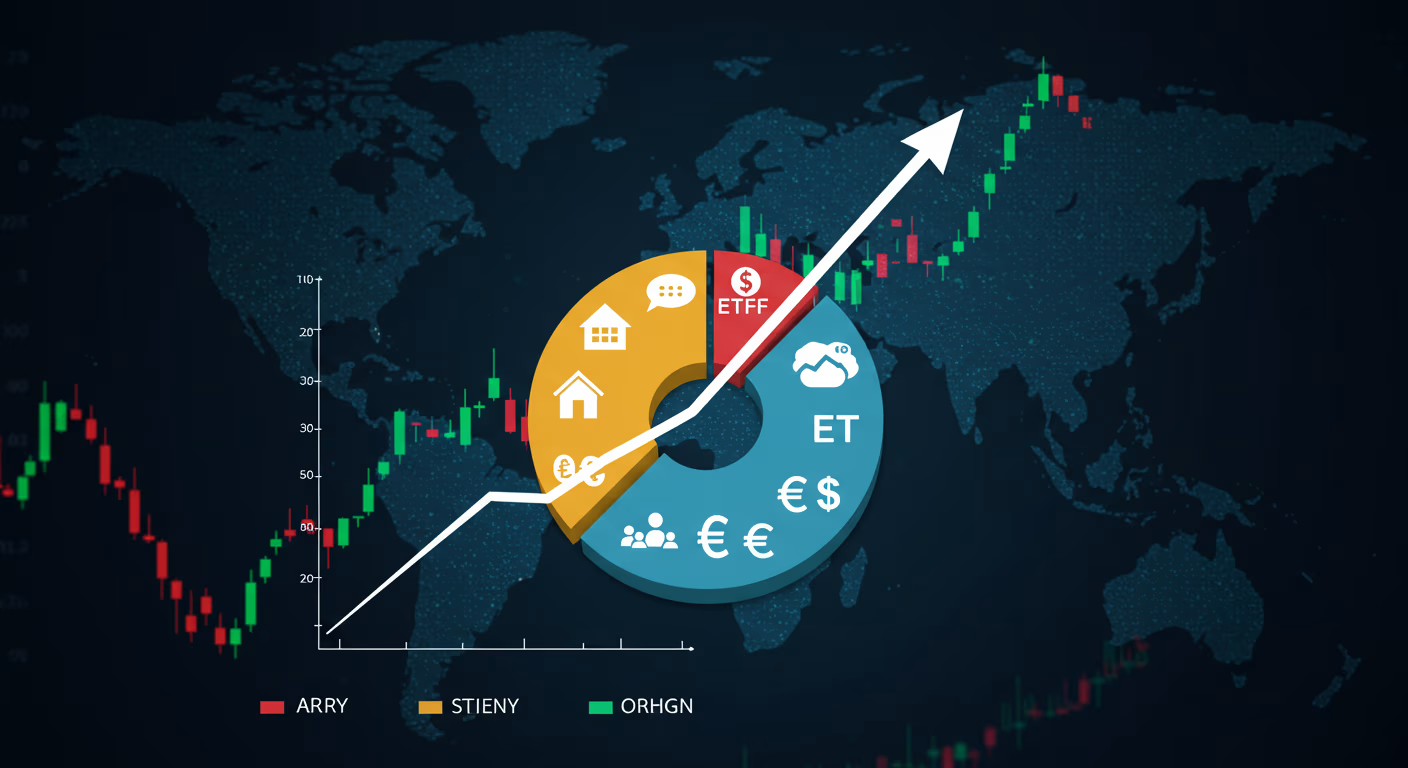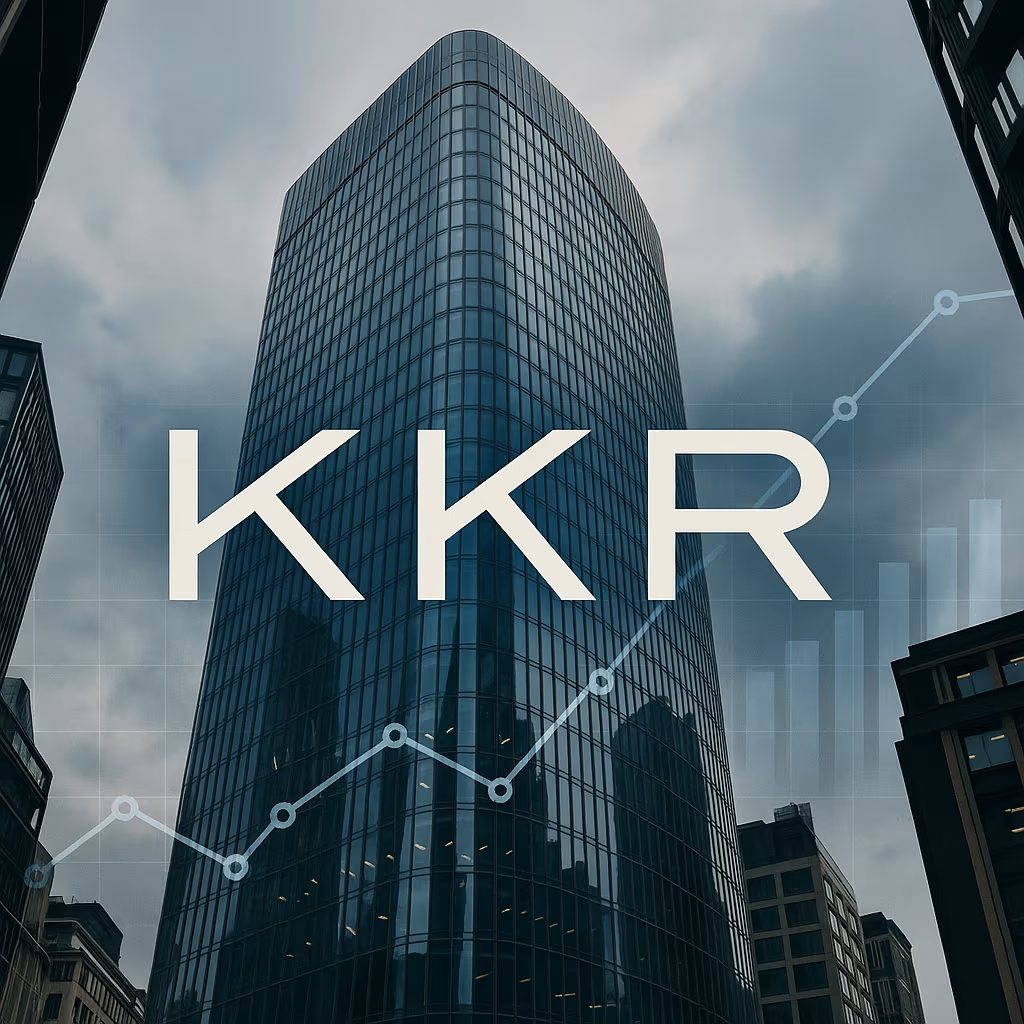In a move that could redefine the future of digital finance, the U.S. Securities and Exchange Commission (SEC) has officially launched “Project Crypto”—a comprehensive regulatory framework focused on the oversight, classification, and development of tokenized securities and digital assets.
This initiative marks a significant pivot in how U.S. regulators approach blockchain-based assets, signaling both a crackdown on noncompliance and a commitment to innovation in the financial markets. With billions of dollars flowing into cryptocurrencies, tokenized stocks, and decentralized finance (DeFi) projects, the SEC is making it clear: the digital asset space is no longer an unregulated frontier.
So what does “Project Crypto” actually mean for investors, fintech companies, crypto exchanges, and traditional financial institutions? Let’s explore the implications, opportunities, and challenges in this unfolding chapter of financial regulation.
Understanding Project Crypto: What It Is and What It Aims to Do
Project Crypto is the SEC’s newly unveiled initiative that consolidates its digital asset efforts under a single regulatory strategy. According to the agency’s official statement, the project is designed to:
- Establish clear rules for the classification and treatment of tokenized securities
- Create pathways for legitimate crypto assets to be registered and traded
- Crack down on unregistered offerings and investor fraud
- Collaborate with other federal agencies and global regulators to ensure harmonization
- Encourage innovation through regulatory sandboxes and pilot programs
This multi-pronged approach aims to balance market integrity and investor protection with the flexibility needed to foster growth in the fast-moving crypto economy.
Why the SEC Is Acting Now
Over the past several years, the rise of cryptocurrencies and digital tokens has created a regulatory gray area. Many token offerings were launched without proper disclosures, while exchanges operated in ways that skirted traditional securities laws.
The SEC, under Chair Gary Gensler, has long argued that many crypto assets are, in fact, securities—and therefore subject to SEC jurisdiction. However, the lack of a standardized process to register or legitimize tokenized products created friction between innovators and regulators.
Recent high-profile collapses like FTX, Celsius, and Terra/LUNA, as well as growing institutional interest in blockchain-based assets, have amplified pressure for action. Project Crypto represents a formalized step toward clarity, compliance, and modernization.
What Are Tokenized Securities?
Tokenized securities are digital representations of traditional financial instruments—such as stocks, bonds, real estate, or funds—on a blockchain. These tokens are programmable, tradeable 24/7, and can be fractionalized to allow wider access and liquidity.
For example:
- A company could issue tokenized shares on a public blockchain
- A real estate developer might tokenize ownership in a commercial property
- Funds could issue tokenized debt instruments with smart contract features
The appeal lies in the ability to streamline settlement, reduce overhead, and enhance transparency—but these instruments also raise regulatory questions around custody, disclosure, and market surveillance.
Key Components of Project Crypto
- A New Registration Framework for Digital Securities
The SEC plans to create a simplified, tech-native pathway for issuers to register digital securities offerings, including real-time audit requirements, smart contract disclosure standards, and cybersecurity compliance. - Licensing for Digital Asset Intermediaries
Crypto exchanges, wallet providers, and custodians will now face more stringent registration and reporting obligations, potentially modeled after broker-dealer regulations. This means KYC/AML compliance, audit trails, and investor suitability standards will become mandatory. - Security Token Exchanges and Alternative Trading Systems (ATS)
Project Crypto supports the development of regulated platforms for trading tokenized securities, similar to equity exchanges. These platforms will need SEC approval and must demonstrate robust risk management, order matching, and fraud prevention mechanisms. - Regulatory Sandboxes for Innovation
In a nod to forward-thinking regulation, the SEC will allow certain fintech startups to test blockchain products in a controlled environment, with limited waivers on enforcement. This mirrors sandbox models used in the U.K., Singapore, and Canada. - Cross-Agency Collaboration and Global Standards
The SEC is working with the CFTC, Federal Reserve, and international bodies to align token classifications, tax treatments, and custody protocols, avoiding regulatory arbitrage.
Impact on Crypto Startups and Exchanges
For crypto startups, Project Crypto presents both opportunity and pressure:
- Opportunity: Projects can now register token offerings through a transparent process and potentially gain access to mainstream investors, institutional capital, and public markets.
- Pressure: Companies that previously operated in gray zones must now comply with complex regulations or risk enforcement action, fines, or shutdowns.
Crypto exchanges will be particularly impacted. Many will need to upgrade compliance infrastructure, apply for licenses, and clearly separate securities tokens from utility tokens or non-securities assets.
What It Means for Investors
For investors, especially in the U.S., Project Crypto could unlock a safer and more accessible market for digital securities. Benefits may include:
- Increased transparency and standardized disclosures
- Reduced risk of fraud and pump-and-dump schemes
- Expanded access to fractionalized, tokenized assets like real estate or private equity
- Improved liquidity in secondary markets for alternative assets
That said, not all digital assets will make the cut. Tokens that fail to meet security classification or disclosure requirements may be delisted, restricted, or rendered noncompliant.
Challenges Ahead
While the goals of Project Crypto are ambitious, implementation will not be easy. Major challenges include:
- Defining clear, enforceable rules across a fragmented crypto landscape
- Avoiding overregulation that stifles innovation or drives projects offshore
- Developing real-time monitoring tools for automated smart contracts
- Educating both investors and issuers on digital asset compliance
- Resolving jurisdictional overlap with other regulators and tax authorities
Despite these hurdles, the SEC’s initiative is a step toward maturing the digital asset ecosystem—and could lay the groundwork for a global framework around tokenized finance.
A New Chapter for Digital Asset Markets
The launch of Project Crypto marks a historic moment for the intersection of securities regulation and digital innovation. As the financial world shifts toward decentralization, tokenization, and real-time global trading, regulators are stepping in to provide guardrails, legitimacy, and structure.
For crypto startups, traditional financial institutions, and investors alike, this is the beginning of a new era—one where trust, compliance, and technology must work together to shape the future of finance.





